
Transcript by Rev.com Our cost: $21.00. My time, about 2 hours.
Erick Erickson on his national radio show, Feb 23, 2022 – “School choice” and the demise of Republican GA. state Rep Wes Cantrell’s HB 999 & HB 60. The Georgia part of the segment is in bold.
Audio:
Link to WSB Radio pod cast. Relevant segment begins about 40:00.
_____
Erick Erickson: (00:00)
“…I filled in for Herman Cain. I filled in for G. Gordon Liddy. Uh, I am a conservative, I have been a conservative. And so when I criticize the right, it is from a position of in-house criticism. Y’all I love you, but why are you stupid? And let’s just be honest here. Of the two parties, my view is the Republican Party tends to behave in a more stupid fashion than the Democrats. Thus, we arrive at School Choice. Around the nation, Republicans finally have a good idea. Give parents vouchers, allow those parents to use those vouchers of state money to send their children to different schools in the public school they’re forced to go to by the government and dare the Democrats to take it away. In every state, it has been done. Those states have shifted toward the GOP. They have become Republican oriented states.
Erick Erickson: (01:00)
Florida is no longer a swing state, it is a Republican state. Uh, Black mothers and Hispanic fathers voted Republican for Ron DeSantis because Andrew Gillum, the Democrat there, pledged to get rid of School Choice in Florida. In Ohio, though, you still got a few statewide elected Democrats, it’s overwhelmingly shifted to the GOP because of School Choice. Everywhere it’s tried, School Choice causes parents to vote Republican. It is the only entitlement I can think of that Republicans who support small government can give and then dare the Democrats to take it away. It makes states more Republican. It is asinine that the State of Texas has thus far refused to do, uh, real aggressive School Choice. And this, again, it’s really, really important. You understand this, uh, it doesn’t take money out of a public school.
Erick Erickson: (02:06)
That’s what the public school advocates say it does, but it doesn’t really. Why? Because when School Choice is designed like in Florida and elsewhere, what happens is, money flows from the state to the local school where the kid is. When the kid moves to a different public school, the money stops going to school A and now goes to school B where the kid is. If the parents decide the schools are all screwed up, we’re gonna homeschool, the state money doesn’t go to anybody. It’s just sitting there waiting for somebody to grab a hold of. And so the theory of Republicans is you allow the parents to direct the money. If they are homeschooling, you give them a tax deduction. If they’re going to a private school or a charter school, you allow that state money to flow to that private school or charter school to offset the cost.
Erick Erickson: (02:53)
With private school very often, it doesn’t offset the full cost and parents have to pay a little bit, but they don’t have to pay nearly as much money as they otherwise would’ve had to pay. And it becomes very popular, in fact, it becomes very popular in minority communities as Black and Hispanic families are therefore more able to send their kids to different charter schools or small private schools and get them out of failing public schools. It is the Democrats who have assigned kids based on their geography to particular schools whether those schools are good or not. And then tells those children, “No, you are not allowed to leave unless your parents are rich enough to either homeschool you or send you to a private school.” It is the Republicans who say, “We want to help you, the parent, get your children the best education possible knowing that doors open when your kids get a good education.” Which gets me to Georgia, where School Choice has died at the hands of the Republican speaker of the house, who is never a proponent of School Choice, but to his credit allowed a vote.
Erick Erickson: (04:14)
I gotta set the stage with you because this one deeply frustrates me. Uh, my friend, Wes Cantrell, is a state representative in Georgia. This is his last time in the state legislature. He term-limited himself. He’s a minister by trade. Uh, wanted to stay in the legislature for five years and then go back full-time to ministry. And he’s been the chief advocate of School Choice in Georgia for years. And every year he’s come close, and every year he’s failed at the hands of Republicans. And this year, because of all the school closures that affected people in Georgia and around the country, he was able to build a bipartisan coalition. He got Black Democrats To sign on with him, a white Republican, to advance School Choice because the Black Democrats in the Metro Atlanta area finally saw how bad it was. They had to see it with their own eyes where their kids were home on Zoom classes, just how bad it was. And they were willing to support School Choice.
Erick Erickson: (05:23)
He had a bipartisan coalition and the speaker of the House of Representatives, David Ralston, promised that they would get a floor vote, whether he could get the votes or not. Now you need to understand that the chief obstacle to School Choice in Georgia is not the Democrats, it’s the Republicans. The Republicans in Georgia, a number of them used to be Democrats and just became Republican to continue to keep their Position. And they were the chief obstacle. But this year the stars seemed to align. And the stars seemed to align for a couple of reasons. One, Republicans know that Stacey Abrams will campaign against it, but parents like it. Two, Republicans see what’s happening around the country, they wanted to grab hold of that, uh, parental angst as part of the zeitgeist, uh, to propel themselves forward.
Erick Erickson: (06:19)
Even Republicans who previously have opposed School Choice were suddenly supporting Wes Cantrell’s peace of legislation. And the speaker of the house promised to vote. Yesterday in the state legislature in Georgia was School Choice day. And people from around the state drove to Atlanta To say they too wanted School Choice. But an outside group from Washington D.C. Dropped mail pieces. And the mail pieces attacked Republicans. Now they did not coordinate with anybody. They did not get approval from members of the state legislature. They, they did not get them to sign off on the mail piece. Everyone in Georgia was caught out of the blue with it. They didn’t know.
Erick Erickson: (07:27)
The mail piece said the radical left wants to cancel your right to choose your child’s education, and had pictures of Stacey Abrams, Kamala Harris and Joe Biden, says, “Tell, Representative Blank to stand up to them. Don’t let Representative Blank…” It’s been redacted in the picture given to the radical left. Well, he, it targeted Republicans. And the speaker of the house who promised a floor vote feels like this outside group from Washington D.C. that supports School Choice has attacked Republicans in the House of Representatives. And the result is that the speaker of the house, David Ralston, has killed School Choice. He has said now that this measure will not come up for a vote because of this attack. Now I don’t read it as an attack, but he did. He was looking for an excuse, not to give Wes Cantrell a vote. He had promised to give him a vote. And though I am no fan of the speaker, when the speaker tells you he’s gonna do something, he does it, unless he gets a good excuse not to. And this was his good excuse, not to.
Erick Erickson: (08:34)
It’s unfortunate. “I am livid. I’ve been around politics for a long time, but this is the dumbest thing I’ve ever seen in my career. And one of the most deceitful,” said the speaker of the house. “These are people we have tried to help over the years and they turn to attack us very viciously. The voucher legislation will not move at all in the Georgia House of Representatives this year, period.” They were on the verge of getting the votes. It was a boneheaded move. It was, it was not helpful. And now the outside group could say, “well, don’t punish the parents. Don’t punish the parents.” And that’s, that’s a fair thing to say, but it was a, I could have told them this would blow up in your face.
Erick Erickson: (09:32)
And so the people who mean well, the people who support it, they cut off their nose despite their face. They didn’t have to do this. The votes were just about there. No excuse had been given to the Republicans to, to kill it. And now Republicans will kill it. And you and I can think it’s stupid. And we can hope that maybe the speaker of the house will have a change of art and say, “Look, it, it wasn’t… No one in the legislature wanted this. No one in the legislature knew it was coming.” Any of us in Georgia, had this group bothered to ask, we would’ve told them they would be dumb as dirt to try to do something like this. And they did it. They didn’t listen to anyone. It was a stupid, stupid move. And they may have permanently killed School Choice in Georgia. And I hope not, because Republicans in Georgia, had they given School Choice, they would immediately swing the state back to the GOP pretty decisively.
Erick Erickson: (10:28)
Every state that has advanced School Choice has made their state more Republican. It is a winning issue for the GOP. Maybe the speaker can be persuaded to change his mind. I hope that the leadership in the Senate, from the lieutenant governor to the president pro temp, to the majority leader, advance the issue in the Senate and push it to a vote in the House of Representatives. Connect it to something else, play this smart. They should do this, but this is one of the grand problems that politicians across both aisles have sometimes, is there are outside groups that support issues. You’re not allowed to coordinate with those outside groups. It’s against the law.
Erick Erickson: (11:04)
And so the outside group gets a great idea. They can’t call anyone and say, “Hey, what do you think?” They just do it. And they don’t actually have a sense of what’s going on at the ground. And this organization did not, and has killed the effort to get School Choice in Georgia, unless someone convinces the speaker to be forgiving and advance the issue and get it passed. And if they do, then suddenly the Republicans can stop sweating about the state becoming more Democrats. Suddenly the Republicans will have helped themselves long-term. The question is, are they gonna nurse grievances or play a long game to win? Hello? There it is Eric Erickson here. The phone number, (877) 973-7425. Let’s go to the phones-…”

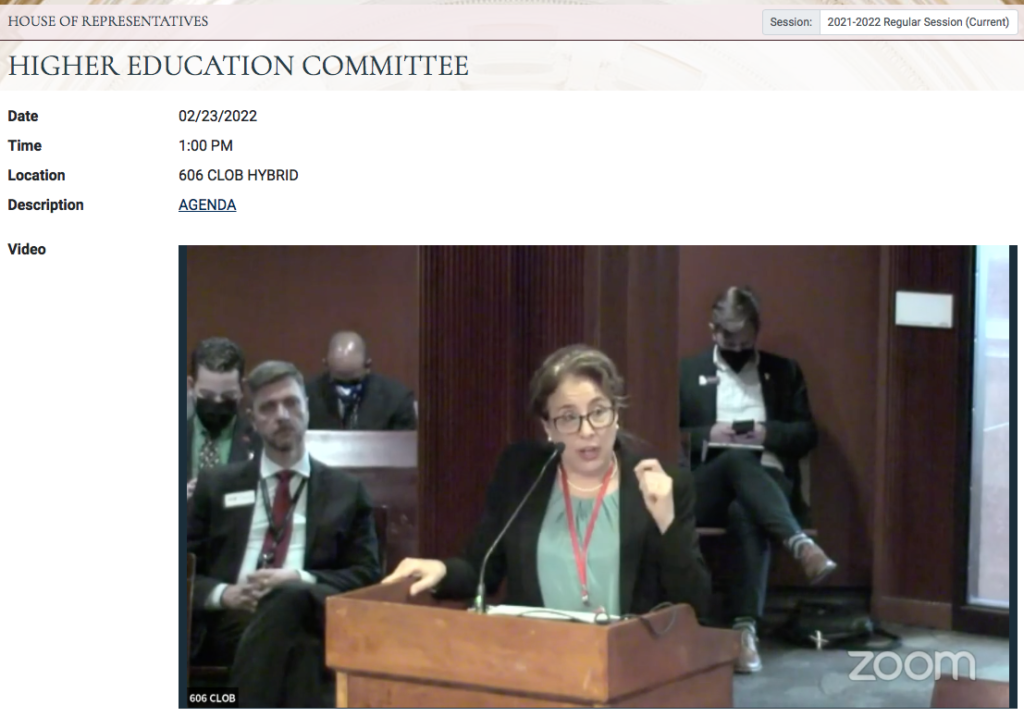


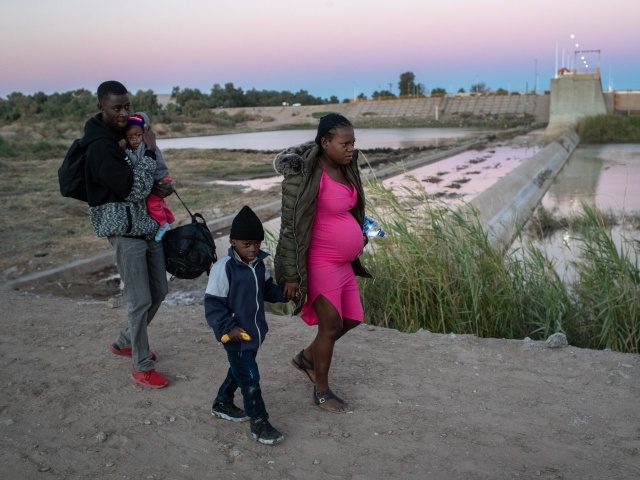


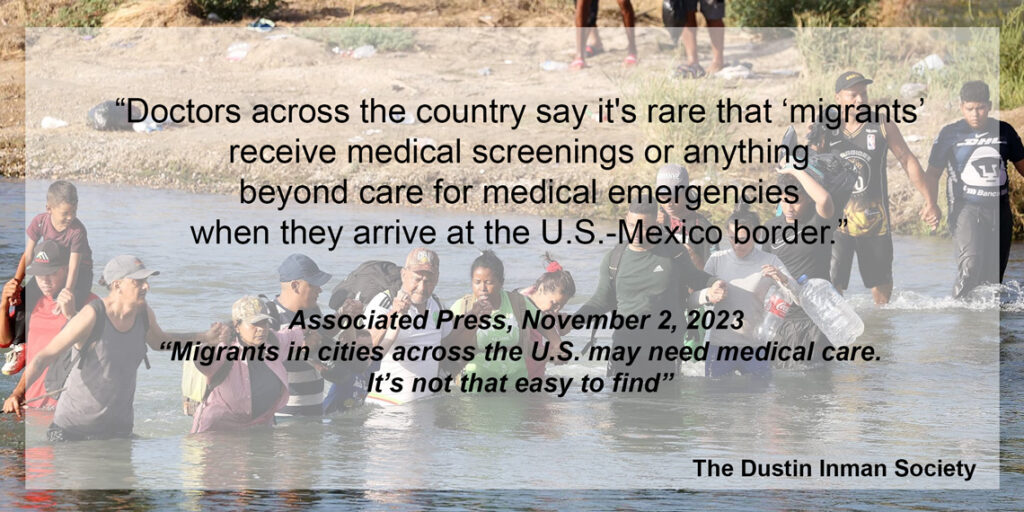

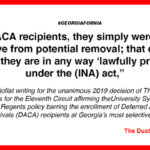





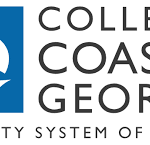
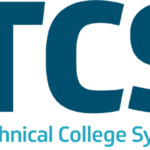








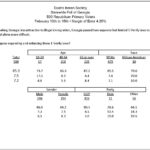




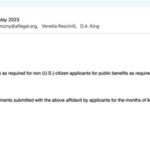
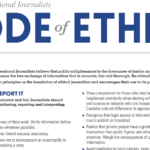





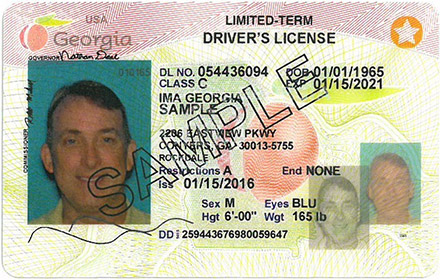




You must be logged in to post a comment.